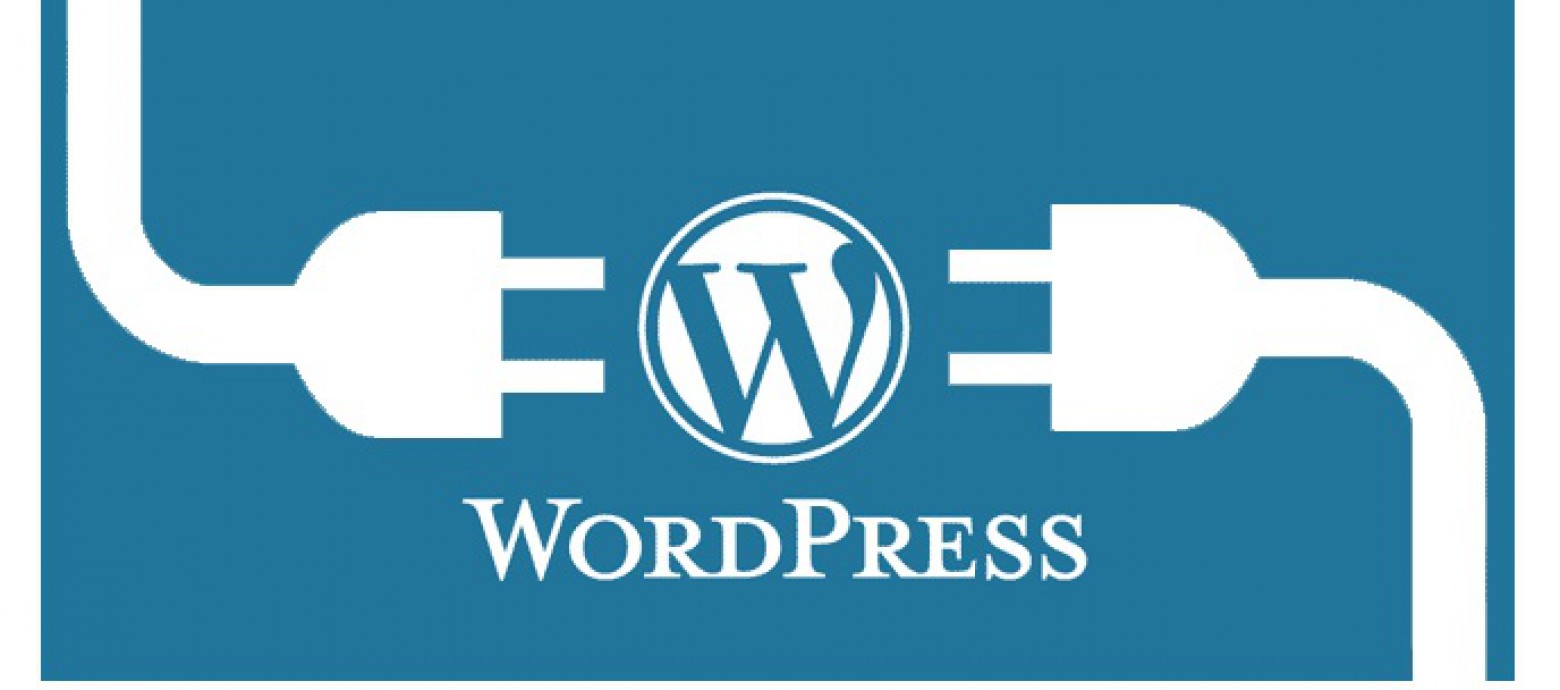With a number of plugins under my belt, I’ve collected a number of theories on what you shouldn’t do. All of them are relevant, if light-hearted.
Don’t allow your plugin to rely on third party code
If you do and it doesn’t work (or doesn’t work as the users want) then you’ll be crucified. No matter how much you may argue to your users that it’s not your fault and there’s nothing you can do, that won’t prevent the poor reviews you’ll get as a result.
Take my YouTube Embed plugin – the majority of support queries I get are from people having issues with the way the YouTube Player API works. Not my plugin’s fault, but doesn’t stop me having to constantly answer questions on it.
My Feed List plugin displays RSS feeds by using the in-built WordPress feed parser. However, I regularly get complaints from users who say that their feed output is not updating. It’s not the fault of my plugin and there’s nothing I can do to fix it. Do you really want that hassle?
Don’t write a plugin on a subject that people will argue about
So, you have a great idea. A plugin that counts the number of words in a post. But then the complaints poor in – it’s not counting the words right. You finished the sentence with a word that was split onto the next sentence and it’s not counted it correctly. You get a user who writes in Afro-Spanglish and they count hyphenated words as 2. It’s never ending and you’ll never, ever, get it right.
Pick your plugin topic carefully – something fixed that people can’t argue with. What about a plugin that counts the words in 1 word posts (although if you do, you’ll probably still fall foul of the Afro-Spanglish)?
Pick a subject you actually care about
I will often decide to write a plugin simply because I’m after that functionality myself. That way I actually use it and care for it. Too many plugin developers create something and then leave it to rot.
Dead, useless plugins just give WordPress a bad name. And you don’t want that.
Be careful what words you use in your plugin title
Start your plugin title with “WordPress” or “WP” and you risk looking like an idiot. A WordPress plugin, available at the WordPress plugin repository at WordPress.org and you feel the need to indicate in the title that it’s for WordPress? Amazing.
Equally, and for different reasons, don’t use “Simple” in your title. I used to, and did so to indicate that they were basic plugins – no “singing and dancing”, it just did the job. However, you could also mean simple to suggest that the plugin is really, really easy to use. Both definitions don’t always work at the same time. Whichever reason you choose for using it yourself, you will be soundly berated for the other. In the case of my “Simple” plugins I had more than once occasion when a user angrily complained that they weren’t simple to use. Explaining that it didn’t mean that didn’t help. Multiple meanings = bad.
Don’t write plugin READMEs with next to no detail in it
Unless you link to a web site that covers everything. Unfortunately, there are a large number of plugins that have installation details and, after that, you’re on your own. Writing some instructions for use is not at all difficult and, to be honest, whenever I see such a plugin I’ll move away from it quickly. This is a perfect example.
Don’t use third party support
You’ve written a plugin, under the GPL licence, to be a caring, sharing kind of person. You cared for it, nurtured it and continue to make it better with regular updates. So why in the name of all that’s holey have you handed over support to some money-grabbing third party?
If you want to annoy users, or make them turn away right from the beginning, this is the way to go.
Don’t write a plugin unless you work for Automattic
It’s the only way to get any half decent promotion 😉
Don’t ignore all of the above
As I do.

Talk to me!